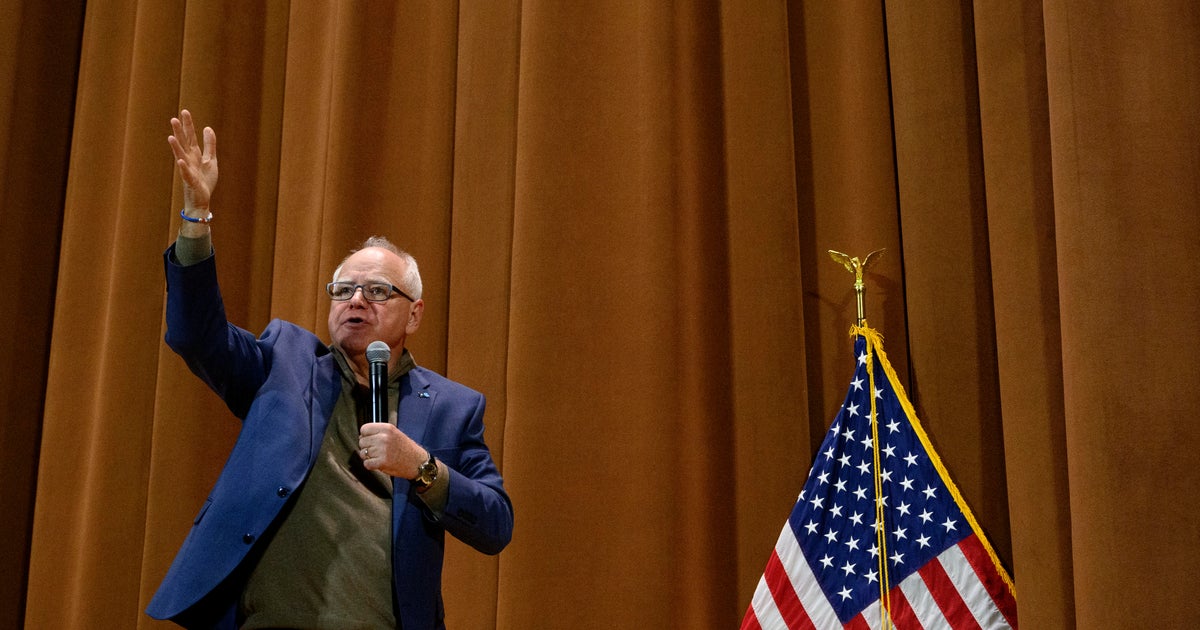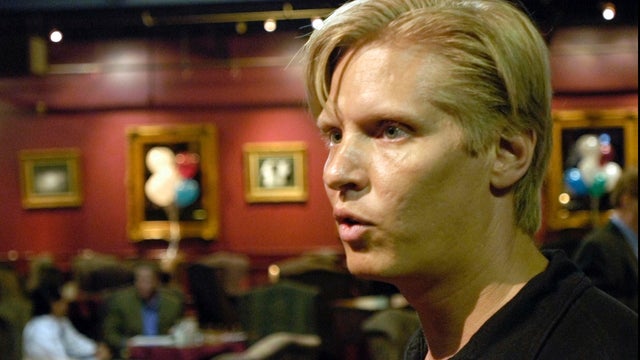

No response returned

Minnesota Gov. Tim Walz on Tuesday announced his plans to seek reelection, launching a rare bid for a third consecutive term that would make history if he wins.
Walz, a Democrat, revealed his intention to run again in a video posted on social media, touting policy achievements in office and making an appeal for unity.
"We've made historic progress in our state, but we're not done yet. I'm staying in the fight," the governor said.
In his announcement video, Walz called Minnesota "the best place on Earth with the best people," but acknowledged the state has "seen terrible times this year."
"I'm heartbroken and angry about the beautiful people we lost to gun violence," Walz said, referencing the high-profile and the late last month. "But it's in these moments we have to come together, because I've seen what we can do when we work together."
Walz said in the video that, if reelected, his priorities would include cracking down on fraud, making health care more affordable, investing in public schools and getting "serious about gun violence."
The former teacher and Congressman was elected governor in 2018 and won reelection in 2022. In 2024, former Vice President Kamala Harris in the presidential election, which catapulted him to the national stage.
After the loss to President Trump and Vice President JD Vance, Walz returned to Minnesota to serve out the remaining two years of his term. Earlier this year, he went on a town hall tour of GOP districts across the Midwest, prompting speculation about a future presidential run. In an interview with The New Yorker in March, Walz said if the circumstances were right and he has the right "skill set" for the moment, .
Since Mr. Trump took office, he and Walz have continued the clashes begun during election season. In his announcement video, Walz said he will "never stop fighting to protect us from the chaos, corruption and cruelty coming out of Washington."
During his gubernatorial tenure, Walz and Democratic lawmakers approved , including universal free school meals, the legalization of recreational marijuana, codified abortion rights and more.
Polling suggests Walz faces some political headwinds heading into his reelection campaign. A found that half of Minnesotans did not want Walz to seek a third term. A majority of independents disapprove of his performance, as well as voters who live outside of Hennepin and Ramsey counties.
And his time in office hasn't been without controversy. After authorities announced charges in the $250 million Feeding Our Future fraud case — the largest COVID-19 fraud case in the country — Walz and Republicans blamed him for letting it happen under his watch. The scandal prompted a renewed focus on fraud and governmental oversight in the most recent legislative session, which included some changes, though failed to pass.
Since Feeding Our Future, there have been additional investigations into fraud in state programs, including and . Fraud in state government is already becoming a centerpiece to Republicans' campaign against him.
Walz's 2022 challenger Scott Jensen is running again for the Republican nomination. State Rep. Kristin Robbins, who chairs the new House fraud-focused committee, and businessman Kendall Qualls have also launched campaigns.
Walz defeated Jensen in 2022 by eight percentage points.
In its 167 years as a state, Minnesota has never elected a governor for three consecutive four-year terms, . Rudy Perpich served three non-consecutive terms and is the state's longest serving governor.
Before his reelection, Walz led the state through the COVID-19 pandemic, the and the unrest that followed.
Walz and state lawmakers this year achieved what he called "the most impressive achievement" of his career, during a special session of the most closely divided Legislature in Minnesota history. The work to finalize the $66 billion biennial budget staved off a government shutdown and made significant headway into a projected $6 billion deficit in future years.
"This is why I got into this business, to try and make a difference, work together, compromise, find common ground," Walz said of the agreement. "The commitment to making democracy work was as strong as I've seen."
Walz's party made key concessions to get the deal across the finish line, including .





